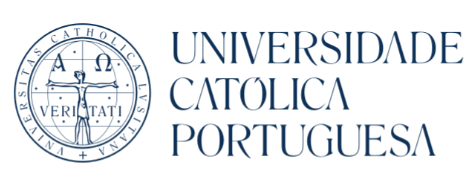Catholic University of Portugal (UCP)
Universidade Católica Portuguesa (UCP)

The Catholic University of Portugal (Universidade Católica Portuguesa), also referred to as Católica or UCP for short, is the only concordatary university (non-state-run university with concordatary status) of the Catholic Church, in Portugal.
Although it is just one university, UCP is organized as a university system, made up of four major regional centres: Lisbon (the headquarters), Beiras (Caldas da Rainha and Viseu), Braga, and Porto. These include 18 faculties, schools and institutes, which are the basic education and research units. Besides the four regional centres in Portugal, UCP also has the University of Saint Joseph in Macau as its affiliate.
The Catholic University of Portugal was established in 1967 by decree of the Holy See (Lusitanorum Nobilissima Gens), at the request of the Portuguese Bishop's conference and under Concordat Law. It was founded in 1967 and gained official recognition in 1971.
Its first constituent Faculty was the Jesuit-owned and run Faculty of Philosophy of Braga (Northern Portugal). However, the University was soon extended to Lisbon where it opened, in 1968, the Faculty of Theology and, in 1971, the Faculty of Human Sciences.
The Portuguese government's official recognition of UCP occurred in 1971, via decree-law 307/71, which acknowledged the Catholic University as on a par with the other Portuguese universities and conferred on the degrees it grants - presently Licentiate, Master and Doctorate, - the same value and the same effects as those awarded by State universities.
The late 1970s and 1980s saw the establishment and development in Portugal of a privately owned sector in higher education (including both universities and polytechnics). Within that context, there has been a generalized acceptance of the distinctive position held by the Catholic University - a public, non-State and non-profit-seeking institution.
Nowadays, and following the general trend in Portugal and abroad, UCP enjoys a large degree of autonomy in the creation and running of new campuses, faculties and courses.
Currently it has, among others, the well known courses of Business, Economics, Architecture, Law, Media and Cultural Studies, Civil Engineering and Dental Medicine.